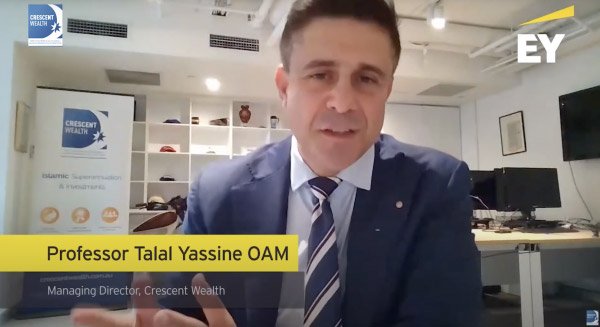Share this
Previous story
← Stock Highlight: Kilroy Realty
Over the last couple of years, the Superannuation Industry has seen a range of regulatory changes, with many more proposed but not yet legislated. These included the introduction of retirement income products, changes to Self-Managed Super Fund trustee numbers, protection of unpaid super, opt-in for insurance cover and choice of fund changes.
On 1 July 2019, the Protecting your Super Reform package was brought in to protect super accounts from being eroded by insurance policy fees and premiums that people may not require. This saw the requirement to opt-in to insurance cover for every super account, otherwise, insurance cover was cancelled where the member did not elect to retain their insurance cover or the account was deemed inactive. Significant changes to the non-concessional (after-tax) contribution rules also commenced on 1 July 2019, together with changes to the threshold and payments for other super and pension areas.
In response to COVID-19, the Government’s assistance package included the Early Access Scheme which enabled people who were made redundant to withdraw up to $10,000 from their super during the financial year and another $10,000 from 1 July 2021. Unfortunately, a number of cases of fraudulent activity was detected by the ATO and the Treasurer was forced to temporarily freeze early withdrawals in order to protect the majority of Australians. Overall, more than 1.2 million Australians have sought to withdraw nearly $10 billion from their retirement savings to help them through the pandemic crisis (Ref 1).
Looking ahead, there are a number of beneficial changes to superannuation on the horizon. From 1 July 2020, the legislated update to the “work test” will come into effect.
The change to the “work-test” means that individuals aged 65 and 66 will be able to make voluntary concessional and non-concessional superannuation contributions, without meeting the “work test”, which is the requirement for a person to work at least 40 hours over a 30 consecutive day period for gain or reward before they are able to make voluntary contributions to superannuation.
With the changes to superannuation being predominantly aimed at helping older Australians make additional contributions and while not many of the proposed changes have been legislated, changes like these are certainly a move in the right direction.
Crescent Wealth has been advocating for the Government to work closely with the superannuation industry to determine the best way to finance the investment in infrastructure that is needed to support the Australian economy to reboot. We believe there is a strong opportunity for superannuation funds to play a significant role in funding large, long-term infrastructure projects that will provide jobs, stimulate the economy and create lasting value for Australians.
These Related Stories


